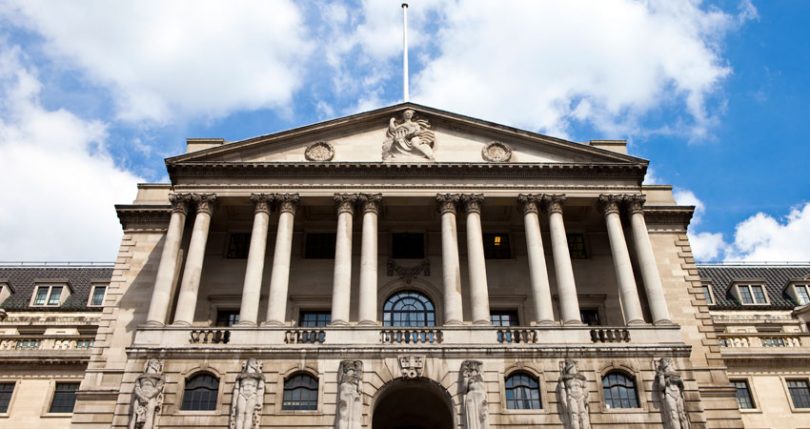Today the Bank of England published its Financial Stability Report, which calls for greater regulation of the crypto-asset sector. So far, the traditional financial system has very little exposure to crypto-assets, meaning there’s been little stability risk from the recent crypto crash.
However, as commercial banks get more involved in the sector, the interconnectedness will increase systemic risk. “This underscores the need for enhanced regulatory and law enforcement frameworks to address developments in these markets and activities,” said the Financial Policy Committee (FPC).
The FPC noted that the crypto crash was similar to past events in the traditional system. These include fire sales and leverage amplifying price falls.
Stablecoin regulation
Additionally, it highlighted the need for regulation of stablecoins, with work already in progress both domestically and internationally.
In April, the UK’s Treasury published the results of a consultation. It suggests that the Bank of England should have oversight over systemic stablecoins, as it does for banks. The following month, the Treasury published another consultation paper to deal with a failed systemic stablecoin provider. It gives the Bank of England the ultimate say in an insolvency event.
Smaller stablecoins will be governed by amended e-money legislation, similarly to Europe’s MiCA legislation.
Notably, in March the Bank of England clarified that it does not want a systemic stablecoin backed by commercial bank deposits because that would introduce systemic risks to the financial system. Apart from run risks, it might mean that the commercial bank would have to hold more high quality liquid assets, limiting its ability to grant credit.
There is also an interest in designing a guarantee scheme for stablecoins similar to that available to bank account holders. However, the Bank considers that will be tricky and take time. That’s because there will be a small number of systemic stablecoins, making it harder to pool risks. And there’s no desire to mix any stablecoin backstop with the banking system’s compensation scheme.






